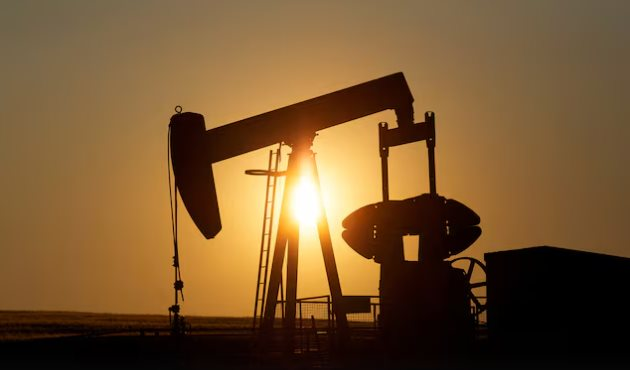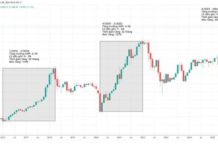
Illustrative Image
Ukraine’s energy consulting firm, Enkorr, announced that starting October 1, Ukraine will implement restrictions on diesel imports originating from India—a nation currently sourcing a significant portion of its crude oil from Russia.
Under the new regulations, all diesel shipments from India will undergo laboratory testing to verify whether they contain components derived from Russian oil. This measure stems from Ukraine’s concerns that diesel imports from India may indirectly include Russian supply.
Data from Enkorr reveals that in August, Ukraine imported 119,000 tons of diesel from India, accounting for approximately 18% of its total diesel imports.
Prior to 2022, Ukraine primarily imported diesel fuel from Belarus and Russia to meet domestic demand. However, following the onset of the conflict, supply sources shifted predominantly to Western European countries. In the first six months of 2025, Ukraine’s total diesel imports reached 2.74 million tons, marking a 13% decline compared to the same period last year, according to Reuters.
India, for its part, imports most of its crude oil to meet domestic needs, but its refineries also export a substantial volume of refined products. An analysis published by NPR on September 7 highlights that the United States is among the largest buyers of these exports.
According to the Center for Research on Energy and Clean Air (CREA), a Finnish policy advisory organization, the U.S. purchased oil products valued at approximately $1.4 billion from India between January and July.
CREA’s data indicates that over 90% of the oil products imported by the U.S. from India originate from Reliance Industries’ refinery, owned by Asia’s wealthiest billionaire, Mukesh Ambani. This facility processes nearly half of the crude oil India imports from Russia.
In a recent development concerning Russian oil, Japan has lowered the price cap on Russian crude from $60 to $47.60 per barrel, effective September 13. Tokyo’s decision aims to intensify pressure on Moscow following the conflict that began in early 2022.
Chief Cabinet Secretary Yoshimasa Hayashi stated that, in addition to the price cap reduction, Japan will expand asset freezes and introduce new export controls targeting Russian entities and other nations. These measures align with international efforts to resolve the conflict in Ukraine.
This decision follows the European Union’s (EU) July announcement of a reduced price cap on Russian crude imports to $47.60 per barrel, part of its 18th sanctions package against Moscow.
Source: Reuters
‘Ditching’ Russian Oil, BRICS Nation Immediately Finds New Crude Savior: Finalizes Deal for Over 2 Million Barrels, Africa’s Largest Oil Field
“A massive influx of over 2 million barrels of oil is set to grace Indian ports between September and October 2025. This highly anticipated shipment from an African nation is poised to make a significant impact on the energy landscape in India and beyond. With each barrel holding the promise of power and potential, this delivery is sure to be a game-changer.”




































